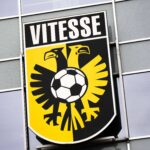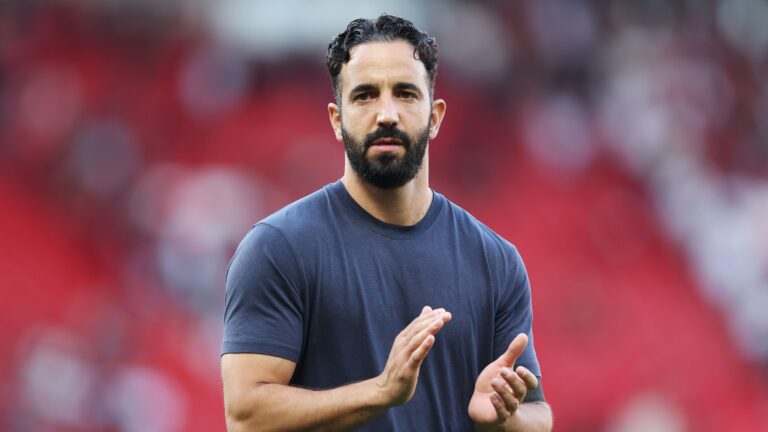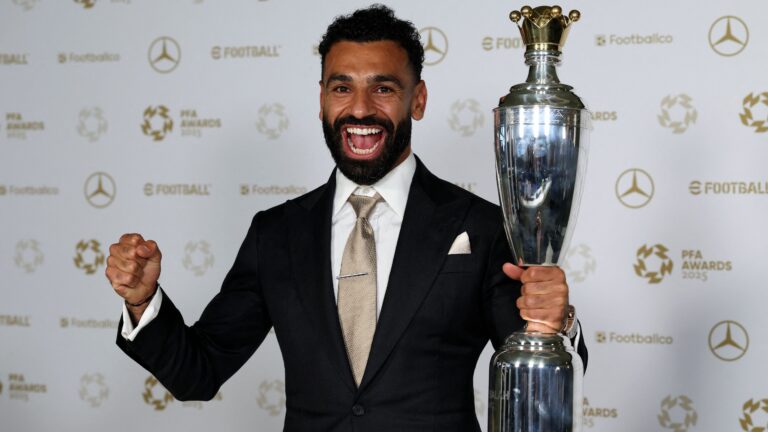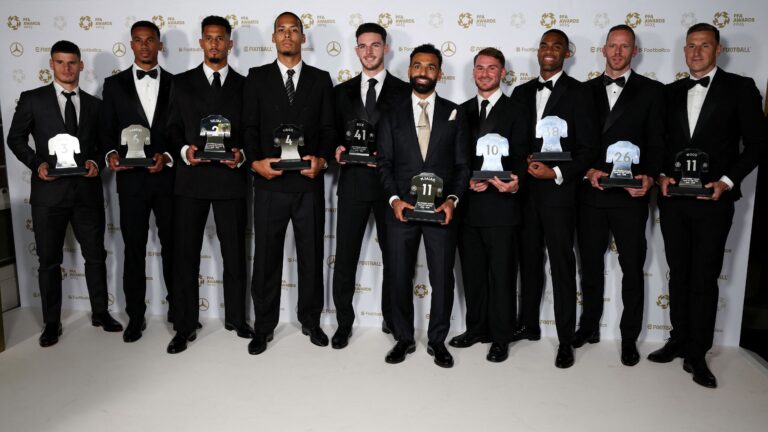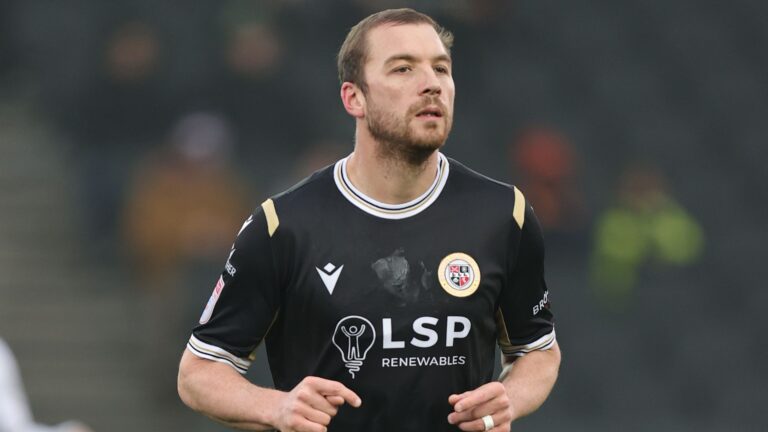- Vitesse‘s professional licence revoked
- Ruling marks culmination of years of mismanagement
- Decision leaves club’s future and Arnhem community in jeopardy



In a final and devastating blow, Dutch football club Vitesse has permanently lost its professional licence. The Arnhem-based club had taken its last-ditch appeal to a civil court in Utrecht, arguing that a new ownership structure and financial guarantees should overturn the Royal Dutch Football Association’s (KNVB) decision. However, the court ruled in favour of the KNVB, stating it had acted reasonably and within its rights. This ruling confirms a decision that has been building for months and effectively ends Vitesse’s existence as a professional football entity.
Vitesse’s downfall was not a sudden event but the result of a long-standing pattern of financial and regulatory failures. For years, the club systematically “evaded” and “undermined” the KNVB’s licensing system, repeatedly failing to provide complete and accurate documentation. The KNVB’s independent licensing committee described this as a “multi-year pattern of deception, evasion, and undermining.” This culminated in historic penalties, including a staggering 18-point deduction in one season and a further 39-point penalty in the next, which led to relegation and a bottom-place finish in the second division. These were the harshest sanctions ever imposed in Dutch professional football, reflecting the severe and persistent nature of the club’s violations.
The roots of Vitesse’s problems are deeply tied to a history of opaque ownership and questionable financial ties. For years, the club was secretly funded by Russian oligarch Roman Abramovich through a complex network of offshore entities, a detail that was long denied and only uncovered through investigations. This shadowy financial backing, amounting to over €117m (£102m/$137m), created a major breach of transparency and licensing rules.
Subsequent ownership attempts only added to the turmoil. A potential takeover by American investor Coley Parry was rejected by the KNVB and his refusal to relinquish shareholding further complicated matters. Despite the late emergence of a local consortium, the “Sterkhouders,” who presented a plan to save the club, the KNVB ruled their efforts came too late and were not sufficiently developed or transparent to save the club from the consequences of its past actions.
With its professional licence revoked, the future of Vitesse is grim and uncertain. The club, which was founded in 1892, is now faced with the likely prospect of folding entirely or attempting to continue as an amateur team, a tragic end to its 133-year professional heritage. The impact of this decision extends far beyond the pitch. City officials and fans in Arnhem have expressed deep devastation, mourning the loss of a club that was a key part of the city’s identity and social fabric.

